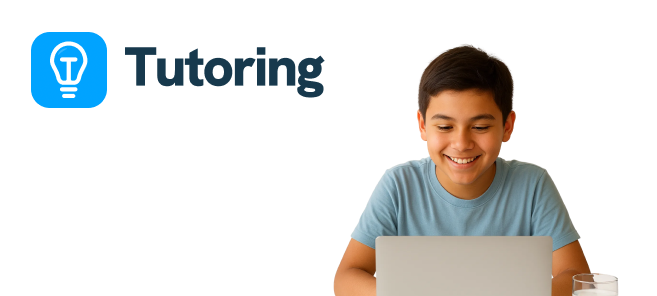
Teacher Resources Available for Algebra
Access comprehensive algebra resources designed for teachers, starting from 3rd grade. Aligned with USA curriculum standards, these resources cover foundational concepts from 5th grade and progress to complex equations by 7th and 8th grade, helping you effectively support student learning at every stage.


.svg)


.svg)


.svg)


.svg)


What’s included in the resources for %%algebra%%?
🔥Curriculum Aligned
Teachers can harness the power of algebra, aligned with USA curriculum standards, to help students recognize patterns, manipulate variables, and solve equations. By tying these abstract concepts to practical examples like budgeting or scientific experiments, lessons become directly relevant to everyday challenges.
.png)

🌍 Differentiated for Students
Engage your students with practical algebra problems, such as solving real-life equations and applying algebraic expressions. These real-world applications help students understand the relevance of algebra in everyday situations, making abstract concepts more accessible and meaningful.
💡Incredible Teacher Resources
The resources provided offer prompts to assist students in grasping essential unit conversion principles, while offering more advanced prompts for those ready to handle complex conversions. These resources help students make practical connections between different units, addressing a wide range of learning levels within the classroom.

Interactive Resources
Practice Questions
Tutero’s teacher resources offer detailed explanations and step-by-step guides on key algebra concepts, including equations and expressions. Visual aids simplify complex topics, ensuring teachers can effectively support students in mastering the fundamentals of algebra.
Structured Solutions
Differentiated Questions
Tutero's teacher resources provide many practice questions that challenge students to apply their algebra knowledge in various scenarios. From simple equations to complex problems, these resources help teachers equip students for real-life applications and assessments.
Real-World Applications
Engaging Exercises
Tutero’s algebra resources offer students interactive challenges where they apply algebraic principles to solve problems such as optimizing budgets or planning projects. These activities enhance students' ability to translate real-life situations into algebraic equations, making abstract concepts more tangible.
Access your resources for algebra today!

"I love these resources on algebra"
- You in approximately four minutes
What is covered in the resources for algebra?
Comprehensive Teacher Resources for Length and Area Conversions
Our teacher resources, aligned with the USA curriculum, provide everything needed to help students master length and area conversions. These resources include detailed lesson plans, engaging activities, and formative assessments that cover basic units such as millimeters, centimeters, meters, and kilometers. As students advance, the resources introduce more complex conversions like square millimeters, square meters, and acres. With these materials, teachers can deliver structured lessons, assess student understanding through quizzes or tasks, and provide personalized feedback to ensure each student is confident in their measurement conversions.
Holistic Volume, Capacity, and Mass Resources for Teachers
Tailored to the USA curriculum, our teacher resources encompass a full range of tools to support students in mastering volume, capacity, and mass conversions. The resources include clear lesson plans, a diverse set of questions, and summative assessments that cover conversions between units such as milliliters, liters, grams, and kilograms. These tools help teachers deliver meaningful lessons, gauge student progress, and identify areas for improvement. By incorporating real-world examples and interactive activities, these resources enhance both classroom learning and students' application of measurement concepts.
Time Conversion Resources for Effective Teaching
Our comprehensive time conversion resources equip teachers with everything needed to guide students in converting between seconds, minutes, hours, days, and weeks. These resources go beyond worksheets, providing structured lesson plans, interactive questions, and assessment materials, all aligned with the USA curriculum. Teachers can use these resources to build students’ time management skills, assess their understanding through practical problems, and ensure that each student can confidently apply time conversions in academic and real-life contexts.

Teachers save hours with these resources on algebra


.svg)
.avif)






.svg)


.png)
.svg)






.svg)


.png)
.png)
.png)
.png)
.png)
